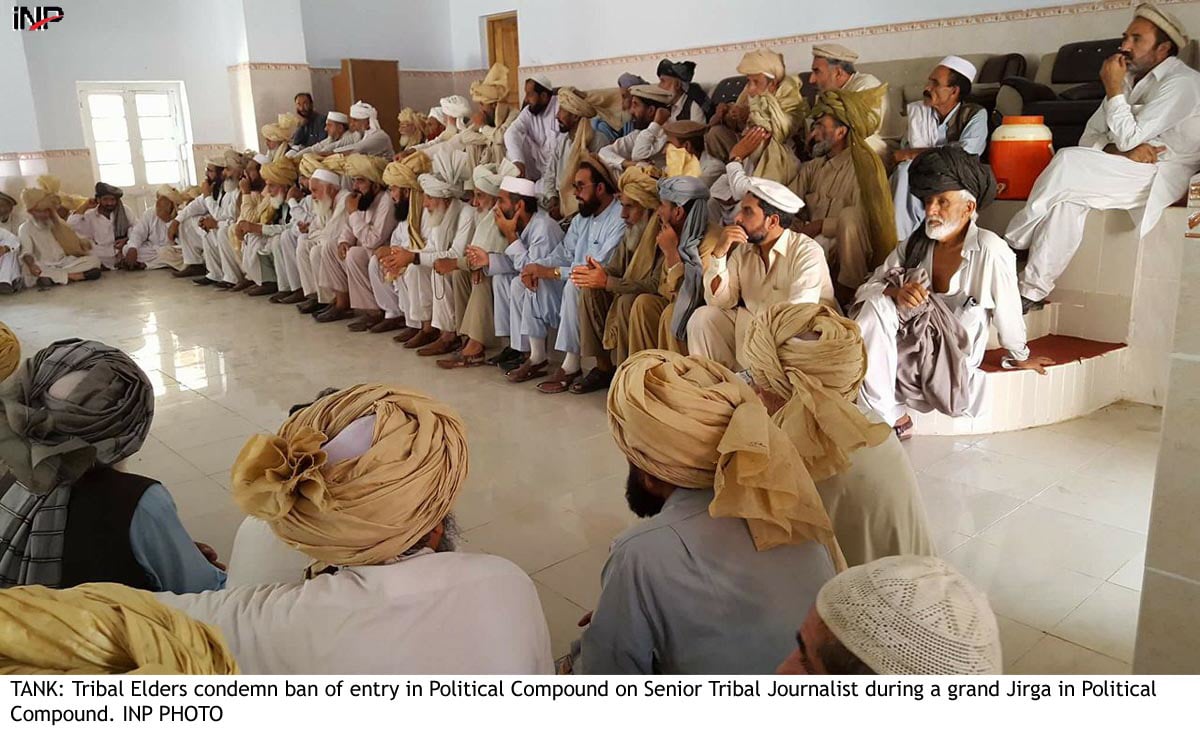
DI KHAN: Social media has truly taken the world’s nooks and crannies by storm. It’s not only drowning in a deluge of information but also impacting the way we receive and share all kinds of news. Interestingly, social media is also becoming immensely popular in the regions that are still caught up in a time warp, such as the Federally Administered Tribal Areas (Fata) of Pakistan.
Virtually cut off from the rest of the country, Fata tribesmen until recently relied on most primitive ways to disseminate news, like human messengers or word of mouth. On issues of national importance, however, a traditional drummer would make the announcement on the street, which in local parlance is called chegha dhol. Similarly, the radio was the main source of news for tribesmen, and the satellite television, for lucky few who could afford it.
But the trends are changing now – thanks to the new media, though the internet is not available in all seven tribal regions, called agencies. South Waziristan, the birthplace of the Tehreek-e-Taliban Pakistan, the umbrella of terrorists groups blamed for most violence in the country, is one such region.
In Wana, the administrative headquarters of South Waziristan, the internet is not available, but local tribesmen have a craze for it. The Taliban have their own puritanical interpretation of Islamic law in which modern technology is banned for what they call its ‘corrupting influence’.
In 2012, the Mullah Nazir-led faction of Taliban publicly set ablaze hundreds of mobilephone sets having cameras and memory cards. They made announcements through loudspeakers in local mosque and distributed handbills in the region, warning tribesmen against the use of such cellular phones because they believed it was against the sharia and local traditions.
They justified the ban, citing dance videos and songs shared through mobilephones. But things have changed radically. Wana is now gripped by the social media fever. In the main marketplace, Wana Bazaar, shops selling mobilephone accessories, are always abuzz with customers. And most of them either come here to get video songs and movie clips downloaded on their sets. Turkish soaps, with Pashto dubbing, are becoming increasingly popular. The allure is such that even Taliban fighters are finding it difficult to resist.
“Tribesmen, especially in the Wana Bazaar, used to discreetly catch signals from a tower of a cellular phone company installed in the Wana Scouts camp, which has stopped now,” resident Abid Salim told The Express Tribune. “In remote areas, people are installing antennas on their rooftops to catch signals of cellular services,” he added. “I use social media when I come out of Waziristan.”
Barring North and South Waziristan tribal agencies, the internet ((broadband or mobile 3G) is available in the main towns of other agencies, including Mohmand, Orakzai, Bajaur, Kurram and Khyber. However, the 3G service has been suspended since bloody clashes between Afghan and Pakistani security forces over the construction of a gate at the Torkham border crossing in June.
Local tribesmen are, however, calling for the restoration of the service. “Depriving tribespeople of 3G internet service is aimed at keeping them uninformed and ignorant,” said Sudher Ahmad, a journalist based in Khyber Agency. “Suspension of the 3G service has adversely affected the local population, while journalists have been hit hard by the move because they are unable to file their reports to their respective organisations on time.”
Ahmad said that the internet was the only source of tribesmen to inform people elsewhere in Pakistan and the world over about the situation in Fata. “Tribesmen can shoot video clips and share them on social media to make their voice heard,” he added.
Waziristan tribesmen’s craze for social media increased at the shelter camps set up in settled districts of Khyber-Pakhtunkhwa where they had been moved after the military launched a massive operation, codenamed Zarb-e-Azb, to drive out the Taliban from Waziristan. Now, they are increasingly using social media to highlight their social, economic and cultural issues.
Interestingly, womenfolk of Fata are also getting access to the internet, though it is limited compared to the men. Women are still not allowed to carry mobile phones in most of the areas of Fata. In North Waziristan, tribesmen climbed mountains, trees or electricity pylons to catch mobilephone signals from neighbouring Hangu district of K-P, where the cellular service is available. Similarly, tribesmen in Angor Adda area of South Waziristan use cellular phone service from neighbouring Afghanistan.
Local analysts say that if we have to bring the tribesfolk into the mainstream and pull the region out of medieval ages, we will have to connect them to the rest of the country and the world through digital media.
Published in The Express Tribune, October 24th, 2016.

















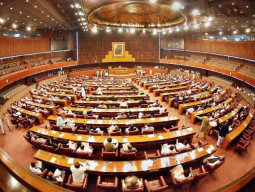
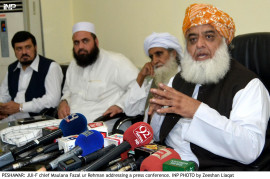
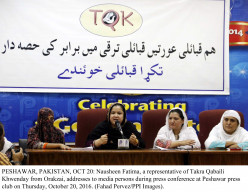





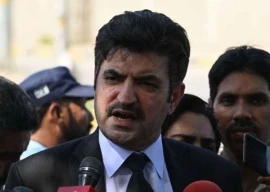








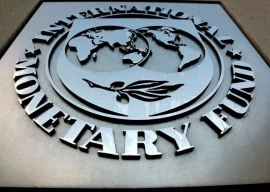






COMMENTS
Comments are moderated and generally will be posted if they are on-topic and not abusive.
For more information, please see our Comments FAQ